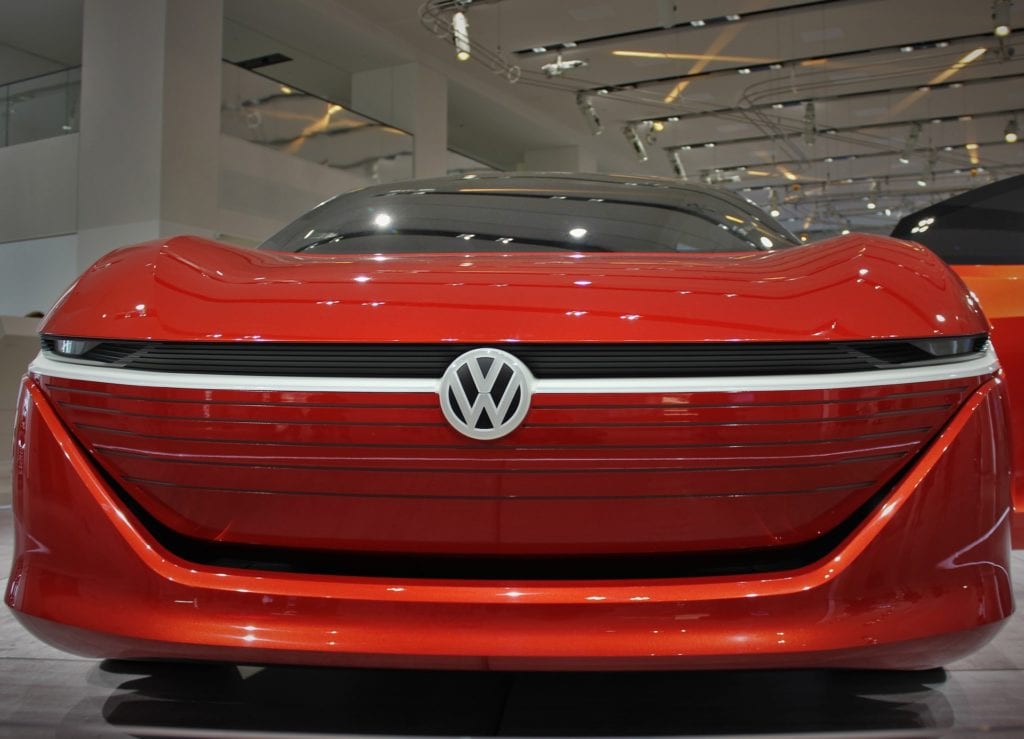Autonomous Transport Trucks One Step Closer to Reality
Autonomous transport trucks – really, autonomous driving in general – is a hot-button topic right now. We’ve been hearing about it for years and years now, how cars and trucks will be driving themselves sooner rather than later. And for the most part the idea has just been kind of on the periphery. Sure, Tesla Motors released the Model 3 which has the hardware in place for full autonomous driving capabilities. And now other companies are getting into it as well.
But it’s still in its infancy, going through tests and trials and fixing problems and making it safer. And it’s been that way for quite some time now.
Now, however, autonomous transport trucks have taken yet another step on the road to becoming fully realized.
Article Overview
Starsky’s Retrofitted Volvo Autonomous Transport Truck
Earlier this month, a company named Starsky Robotics ran a fully autonomous transportation truck along a ten-mile stretch of road in Florida. A public road. Alongside actual cars on that road. Driven by humans.
As far as we know this is the first test of its kind – where an autonomous truck has actually driven, without a human in the truck, on a public road.
The truck was a modified Volvo VNL, retrofitted with a sensor suite. It was navigated onto the highway by a person who was two hundred miles away. Once the truck had reached a speed of 30 mph, control was ceded to the onboard computer, which drove at highway speeds 9.4 miles, until the human took over getting off the highway.
Many companies have progressed to trials, but this is one of the first to be done on a public road. Most others were tested on closed-access roads, often on the site of the various testing facilities. We’ve talked about autonomous trucks before. But somehow we’ve managed to completely whiff on Starsky’s involvement with autonomous trucks.
To be fair, there’s not a lot out there about the company’s foray into autonomous transport trucks. They’ve sort of flown under the radar in recent years. But they did haul relief goods after Hurricane Irma, where an autonomous truck ran – with a driver inside – 68 miles. That’s a solid track record.
What this means for the auto shipping industry
Right now it’s just another step on the long, long road to fully-automated transport trucks. But it’s still a fairly long road. While this step is definitely promising, let’s take it with a grain of salt. The trip was only 9.4 miles and a human was still watching the truck for any signs of issues. Issues that could be corrected remotely if needed.
But this is a pretty big step. It shows that, on the highway at least, an autonomous transport truck can handle the rigors and the dangers of driving alongside regular everyday traffic.
It seems that the paradigm is starting to shift.
When you couple autonomous drive technology with, say, an electric drivetrain, or a hydrogen drivetrain, you suddenly have a much different paradigm. No longer are trucks required to have a driver in them. No longer are they required to stop every few hundred miles to refuel with expensive fossil fuel-based diesel gasoline.
Could auto transport be a dying industry?
No. It’s not going to die – it’s just going to change, and change drastically. No drivers means that most of the overhead a carrier company will have to deal with is maintenance for the trucks. Couple that with software engineers to maintain the self-driving technology and mechanics to keep the cars running and traditional methods of handling a fleet will almost assuredly become obsolete.
But more importantly, it’ll probably be a lot cheaper to maintain a fleet of autonomous trucks than how things work now. Truckers drive all day, collecting pay (and deservedly so), and then there’s the extra costs of food and fuel and lodging and bills and so many other things. With the driver out of the equation, all that money can go to new employees of the new paradigm. And some of it, likely, will simply go back into the company, or to the shareholders, or whoever else is going to profit off not having to pay drivers (because there aren’t any drivers to pay).
Extrapolating the future of auto transport
Now, I’ve made a fair few predictions on this blog over the years, especially when it comes to the future of auto transport. But this…this is a game changer. I’ve written about autonomous trucks before but they’ve always been in the planning stages. They’ve always been a few years away from testing, and a decade or more away from implementation.
Now, though, the future is coming up fast. Do I think that the entire auto shipping industry is going to change once autonomous transport trucks become mainstream? Of course not. Change is slow, and when we’re talking about change across an entire industry, it can downright crawl.
But change is coming. Drivers will still be there, likely for decades more. But as autonomous trucks come on the road, prices are going to start to drop. And as they get more popular, they’ll drop more, until drivers as we know them today simply won’t be able to keep up. And if we do start to see the shift to electric drivetrains (which is the most likely at this point), prices could very well drop even further.
It could be a whole new world in the next 20 or 30 years. Buckle up.
- When to go with an Enclosed Transport - October 2, 2023
- Understanding California’s EV Mandate - August 1, 2023
- Top Reasons Auto Shippers Are Delayed - January 9, 2023
